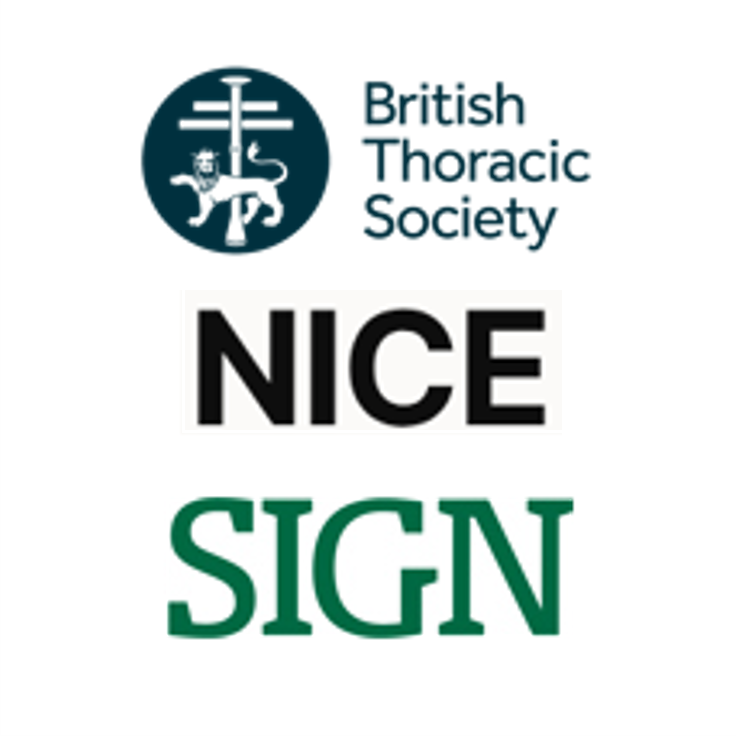Immunotherapy for asthma
Studies using both subcutaneous and sublingual allergen immunotherapy (SCIT and SLIT) have shown some benefit in reducing asthma symptoms and bronchial hyper-reactivity (BHR) in children and adults currently on a range of other preventative strategies including ICS. There are, however, few studies comparing immunotherapy with ICS or of adding immunotherapy to ICS so there is difficulty precisely defining where in asthma management this approach should sit.
Subcutaneous immunotherapy
Trials of allergen-specific immunotherapy by subcutaneous injection of increasing doses of allergen extracts have consistently demonstrated beneficial effects compared with placebo in the management of allergic asthma. Allergens included house dust mite, grass pollen, tree pollen, cat and dog allergen and moulds.
R
The use of subcutaneous immunotherapy is not recommended for the treatment of asthma in adults or children.
[BTS/SIGN 2019]
Sublingual immunotherapy
There has been increasing interest in the use of sublingual immunotherapy (SLIT), which is associated with fewer adverse reactions than subcutaneous immunotherapy.
Despite the large volume of evidence evaluating the safety and clinical effectiveness of SLIT in adults and children, heterogeneity in studies (including in doses, allergens, treatment duration, other asthma medication and presence of asthma symptoms), together with the lack of data on its long-term effectiveness and concerns about study quality, mean there is currently insufficient evidence to recommend use of SLIT in adults or children with asthma.
Sublingual immunotherapy is not licensed for use in the treatment of asthma.
R
Sublingual immunotherapy is not recommended for the treatment of asthma in children or adults.
[BTS/SIGN 2019]
